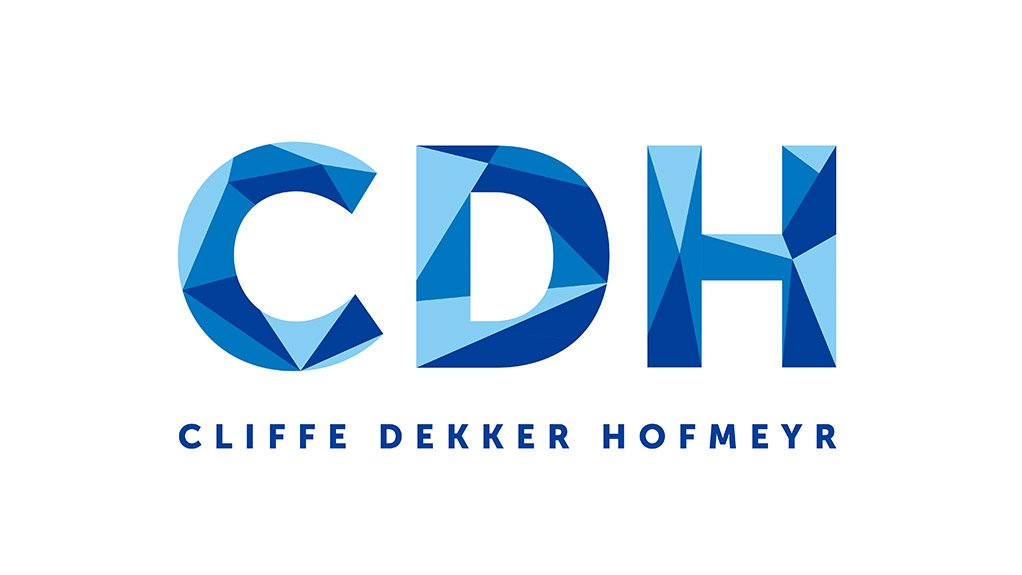The 16 Days of Activism against Gender-Based Violence is an international campaign that runs annually from 25 November to 10 December. The campaign is supported by the United Nations and this year, the UN marked the 16 Days of Activism under the theme "UNiTE! Activism to End Violence against Women and Girls". The importance of this period is globally recognised, with several countries pursuing their own events and campaigns raising awareness for and supporting the fight against gender-based violence. Every year, the South African government launches a 16 Days of Activism campaign under a theme that responds to the realities of South Africa.
This year, the campaign has the theme "Socio-Economic Rights and Empowerment to build Women's Resilience against Gender-Based Violence and Femicide: Connect, Collaborate, Contract!". The theme aims to expose society's unequal ownership of the economy, which increases women's susceptibility to abuse. This year's campaign aims to address the barriers women face in accessing the economy though providing platforms for women to connect and contract.
According to the Government Communication and Information System, economic empowerment is one of the most powerful routes for women to achieve their potential and advance their rights, as it promotes women's ability to reduce household poverty, hunger, and food insecurity, as well as reducing the heightened levels of inequalities they face daily. The objective of the theme is also to break the bonds of dependent women in abusive relationships, as the absence of social and economic power makes it even more difficult for women to detach themselves from abusive relationships.
The Department of Women, Youth and Persons with Disabilities led the launch event, which took place on 25 November 2022 at the Johannesburg Expo Centre. The event took the form of a Women Trade Expo, where hundreds of women-owned businesses from across South Africa were brought together to showcase their products and services, to connect with buyers, and to collaborate and network with other women in business. There were also several informative breakaway sessions throughout the day.
The Minister for the Department, Ms Maite Nkoana-Mashabane, highlighted in her speech at the event the various programs that have been implemented throughout 2022 under this year's theme of the social and economic empowerment of women. These programs include: the Provincial Summits on Gender-Based Violence and Femicide between September and October, the Second Women's Economic Assembly in October, the Second Presidential Summit on Gender-Based Violence and Femicide in November, and the ongoing work which the Department is engaged in with women in the green economy, focusing on economic opportunities in waste management. She stated that the intention throughout this year has been to make linkages between building women's resilience through socio-economic empowerment and its influence in decreasing women and children's vulnerability to various forms of violence, including gender-based violence and femicide. These goals are aligned with two pillars of the National Strategic Plan on Gender-Based Violence and Femicide, as implemented in 2019, being Pillar 2 on Prevention and Rebuilding Social Cohesion and Pillar 5 on Economic Power.
It was highlighted that under Pillar 2, the Department has developed the Comprehensive National Prevention Strategy on Gender-Based Violence and Femicide. Under Pillar 5, the Department continues to work alongside the Presidency, private sector, and government departments to advance the mandate of the Women's Economic Assembly ("WECONA"), which will be a critical vehicle in addressing women's unequal economic and social position through access to government and private sector procurement, employment, housing, access to land, financial resources and other income generating initiatives. To date, WECONA has already been instrumental in the implementation of the 40% preferential procurement in the public sector towards women-owned businesses.
Comparatively, in 2021, South Africa's theme for the 16 Days of Activism Campaign was "The Year of Charlotte Mannya Maxeke – 16 Days of Activism – Moving from Awareness to Accountability". The focus of 2021 was on accountability and addressing the scourge of gender-based violence and femicide in line with the National Strategic Plan on Gender-Based Violence and Femicide. The primary objective of the campaign was to promote social mobilisation and coalitions against gender-based violence, as well as to prioritise intervention measures aimed at creating socio-economic opportunities for women. However, apart from various community and sector dialogues and activities hosted by the government, it does not seem that much more was done by government during this period of activism.
After a rather disappointing campaign in 2021, it is appropriate that in 2022 a more concerned effort has been made to address the harsh realities faced by women and girls in South Africa. Although the address by Minister Nkoana-Mashabane is promising, what is needed is action and implementation to follow and for government to make good on its promises and plans if true meaning is to be given to the annual 16 Days Campaign. We can simply no longer afford to only pay lip service to the increasing scourge of gender-based violence and femicide in South Africa. Creating government bodies and plans to address the socio-economic conditions of women in South Africa is a step in the right direction. However, the execution thereof is where the real change will be seen.
CDH is committed to playing its part in supporting the focus that government has chosen for the 16 Days of Activism Campaign this year. Lawyers and civil societies in South Africa should seize this opportunity to provide the necessary legal support, advice, and training for women-owned business of all sectors, including small, medium, and micro enterprises, cooperatives, and informal traders. Due to the long-lasting and devastating impact of the Covid-19 pandemic, many women are still feeling most strongly the effects of the shrinking economy, slow recovery, and increased unemployment. We all have a role to play in helping those affected recover and thrive during these challenging times.
Written by Brigitta Mangale, Director in the Pro Bono & Human Rights Practice at Cliffe Dekker Hofmeyr
EMAIL THIS ARTICLE SAVE THIS ARTICLE ARTICLE ENQUIRY
To subscribe email subscriptions@creamermedia.co.za or click here
To advertise email advertising@creamermedia.co.za or click here











